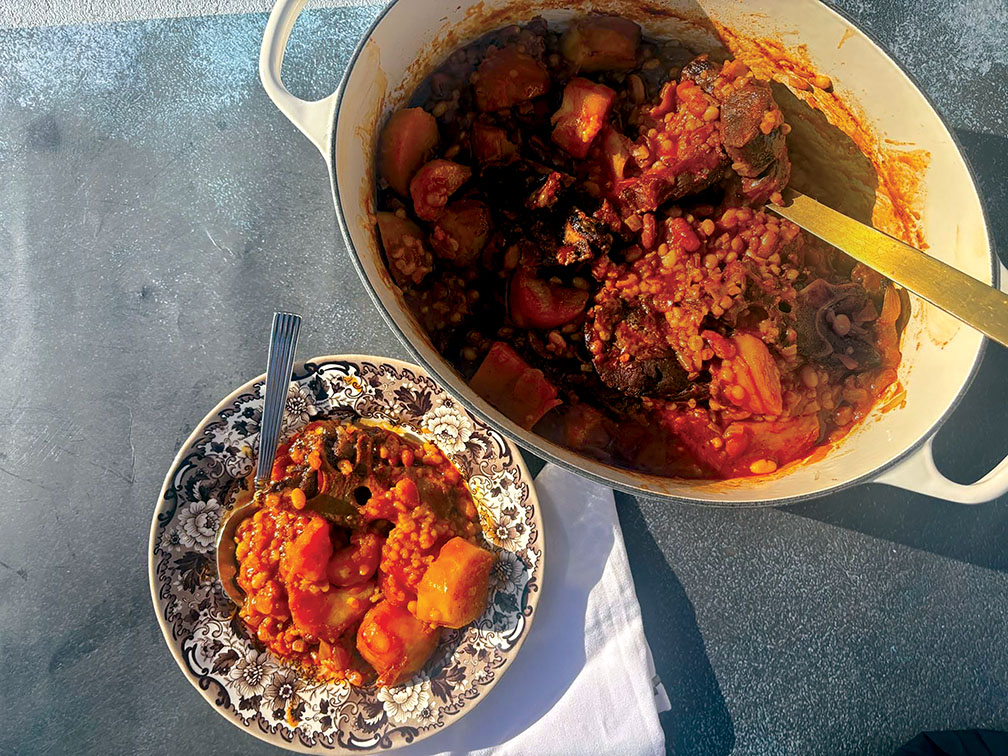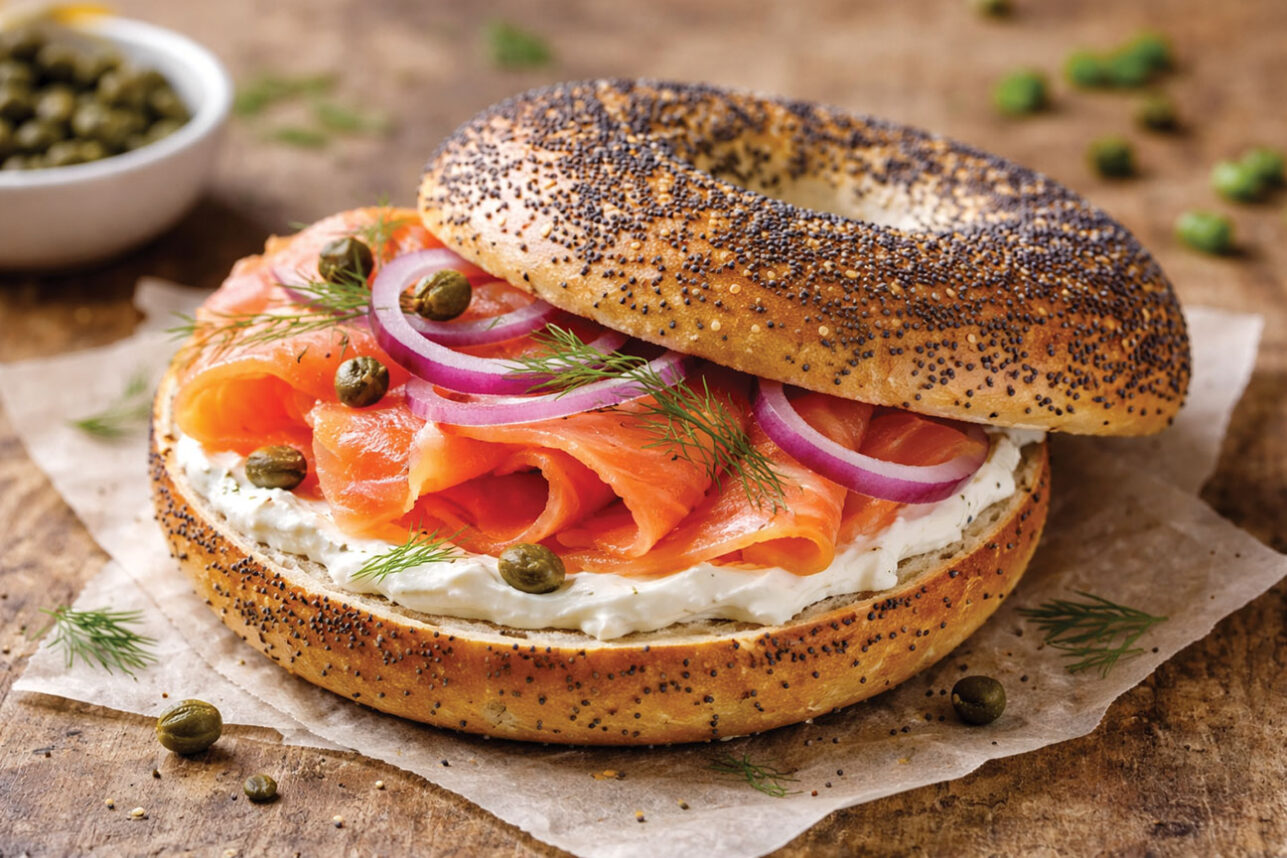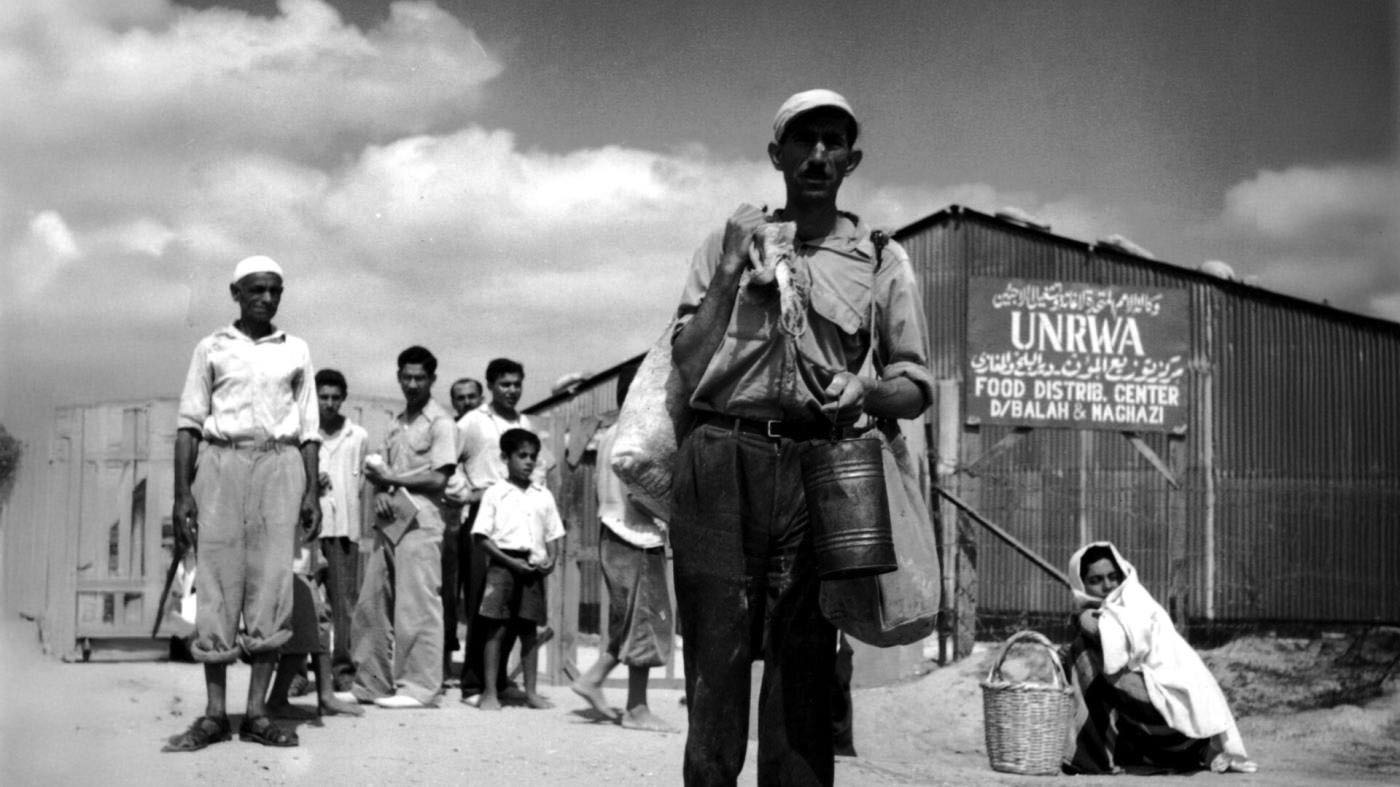
You would expect a graphic novel called, “The Effects of Pickled Herring,” to be about food. It is, but not in the way you expect. The title dish is only mentioned a couple of times, but the love and joy of food – different foods around and beyond the Jewish culture – is a theme found throughout.
Author Alex Schumacher’s semi-biographical work is a coming-of-age story about sibling dynamics, faith and family. As 12-year-old Micah and his sister Alana prepare for their B’nai Mitzvah, the family deals with his grandmother’s Alzheimer’s diagnosis.
“[“The Effects of Pickled Herring”] is an exploration of the strength and the love of families, what can bring them together and keep them grounded in one another,” Schumacher told the Journal. “A big part of that is food; it’s the meals that you have together and it’s the foods that give you comfort and heal.”
Schumacher called the book a “love letter” to his faith, community and grandparents, who are no longer with us.
“This was a way for me to immortalize them a little bit too, because they meant a great deal to me,” he said. “It wasn’t necessarily intentional, but it became this beautiful remembrance.”
Schumacher said he chose pickled herring for the title, because it’s one of those known, Old World dishes that symbolizes the bonds of family.
“I feel like most cultures have a relationship with food, and for Jews, certainly for Ashkenazi Jews, it’s a lot of the Eastern European types of food,” he said. “It was this way to bridge those generations.”
He added, “[Pickled herring is] not necessarily looming large in the main character’s life, as far as a staple of his own diet, but it’s something he associates very closely with his grandparents, and in particular, his grandmother.”
Research for the book became a family activity; Schumacher collected his and his family memories. No surprise that a lot of the remembrances revolved around food.
“[My grandparents] always had these little bowls of wrapped candies or sometimes open trail mixes, which was probably odd to guests,” he said. “There was always food everywhere.”
According to Schumacher, an author/illustrator whose work has also appeared in picture books, webcomics and graphic novels, he chose this medium because it was an impactful blend of art and storytelling.
“It is such a specific and singular way to tell a story like this,” he said. “You’re not spending two pages describing an emotion that a character is feeling; you can just show it.”
When asked what he hopes people get from the book, Shumacher said: representation. He wrote it, so Jewish kids can find some of themselves in the book. He also wrote it for the kids, not just Jewish, who are dealing with family members who have some sort of cognitive impairment, whether it’s dementia or Alzheimer’s.
“There’s not a lot of books out there for them, so part of the thought process behind that was having something that they can look at and see themselves in as well, and maybe have some sort of template to have a conversation with their parents about it,” Schumacher said. “I want anybody who’s reading it [to have] a sense that they’re not alone, and that they’re loved in a world that can feel particularly unloving sometimes.”
Schumacher, who clearly loves to eat, didn’t really cook in his younger, single years. When he got married, he realized that he loved to cook for other people.
“Cooking for myself seems like too much of a hassle,” he said. “But once I had a girlfriend and then now my wife, it became this act of love.”
Cooking is definitely a love language.
“You make this meal for the people who you care about, and you’re caring for them by [cooking],” he said.
One of his signature dishes is vegan impossible meatloaf. Recipe is below.
Learn more about Alex Schumacher and “The Effects of Pickled Herring” at AlexSchumacherArt.com.
For the full conversation, listen to the podcast:
Impossibly Meatless Meatloaf
The impossibly meatless meatloaf pairs well with roasted root vegetables and/or a seasonal salad.
2 packages of Impossible burger
1/2 cup breadcrumbs/panko
4 tablespoons ketchup
2 teaspoons garlic powder
2 teaspoons Worcestershire sauce
2 teaspoons onion powder
1 teaspoon parsley, roughly chopped
Salt and pepper to taste
Approximately 1 tablespoon of BBQ sauce
Preheat the oven to 400°F. Lightly oil the bottom of a baking dish/pan (I typically use a 8 x 11.5 Pyrex).
In a large mixing bowl, combine Impossible burger, breadcrumbs, ketchup, garlic powder, Worcestershire sauce, onion powder, parsley, salt and pepper.
Form into a rough loaf-ish shape on the baking sheet. You can also be creative with your shapes; it tastes delicious either way!
Bake for about 30 minutes or until browned. (As oven times can vary, I would give it a quick peek around 25 minutes.) Remove from the oven.
Drizzle the barbecue sauce on top, and return to the oven for another 5 minutes.
Enjoy!
Debra Eckerling is a writer for the Jewish Journal and the host of “Taste Buds with Deb.” Subscribe on YouTube or your favorite podcast platform. Email Debra: tastebuds@jewishjournal.com.


































